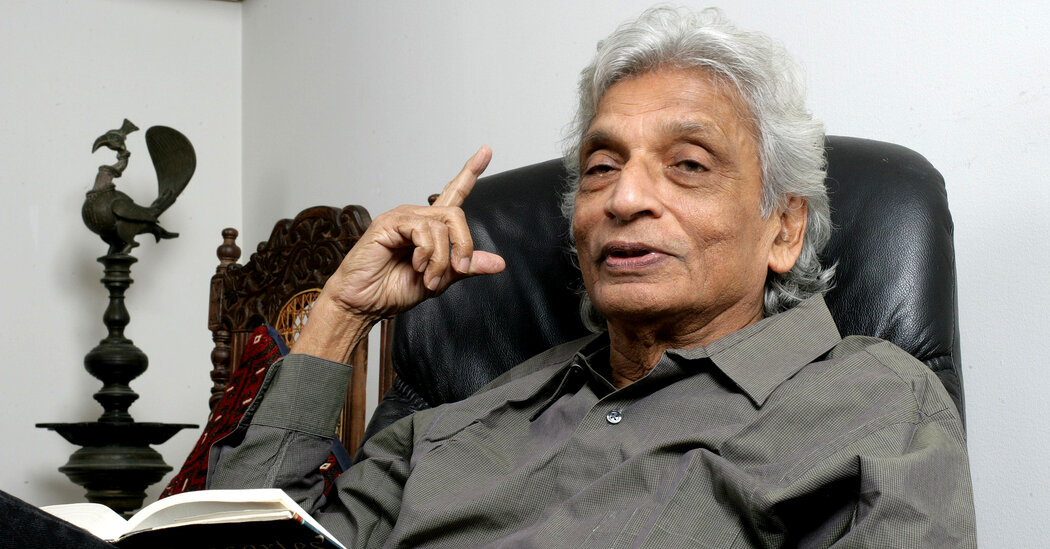Remembering Gananath Obeyesekere: A Pioneering Anthropologist
Gananath Obeyesekere, a distinguished anthropologist whose extensive career and profound social insights drew from a rich tapestry of influences, including Hindu texts, Freudian psychoanalysis, and Christian mysticism, passed away on Tuesday at his residence in Colombo, Sri Lanka. He was 95 years old. His son, Asita, confirmed the news of his death.
Born in a small village in Sri Lanka during a period when the island, then known as Ceylon, was still under British colonial rule, Dr. Obeyesekere spent a significant portion of his professional life teaching in the United States. His academic tenure, primarily at Princeton University, solidified his reputation as a critical voice in the discourse surrounding colonialism, cultural pluralism, and the potential for shared understanding across diverse cultural landscapes.
Throughout his career, Dr. Obeyesekere became a prominent figure among scholars, but he gained wider recognition in 1992 with the publication of his groundbreaking book, The Apotheosis of Captain Cook: European Mythmaking in the Pacific. In this work, he challenged the prevailing narratives regarding the circumstances surrounding the death of Captain James Cook, the British explorer who was initially welcomed with great reverence by the Hawaiian islanders in 1779, only to be tragically killed by the same people who had once embraced him.
Commonly accepted among historians and anthropologists was the belief that the islanders viewed Captain Cook as a divine figure. Dr. Obeyesekere’s analysis proposed an alternative perspective, suggesting that Cook’s return, coinciding with the unfortunate breaking of a mast on his ship, inadvertently triggered a fulfillment of indigenous prophecies regarding a long-banished god destined to be vanquished by their chief. This reevaluation of Cook’s legacy not only reshaped the understanding of this historical event but also sparked significant discourse on the intersections of culture, power, and mythology.




